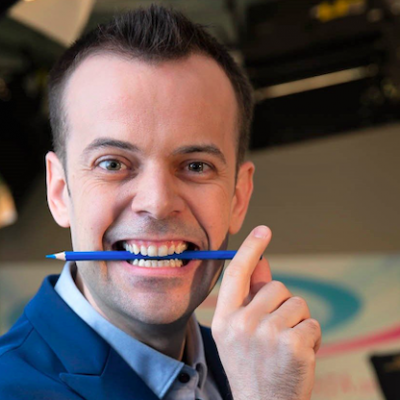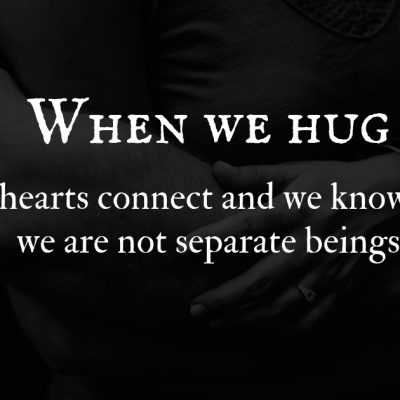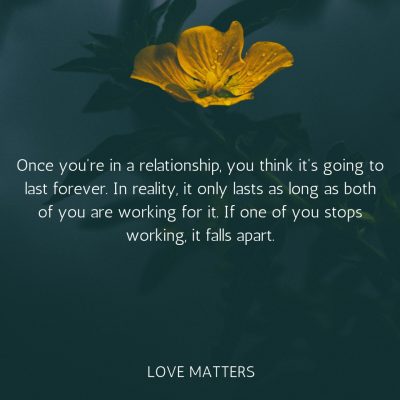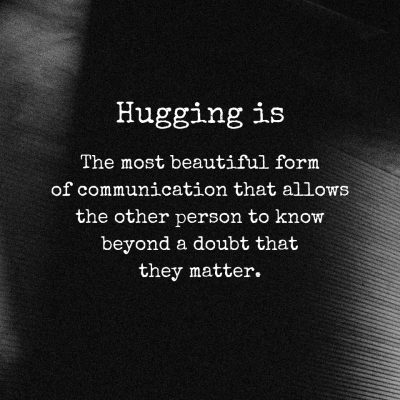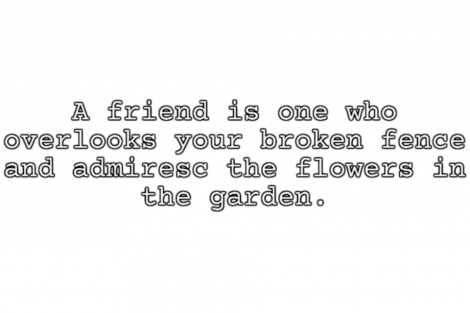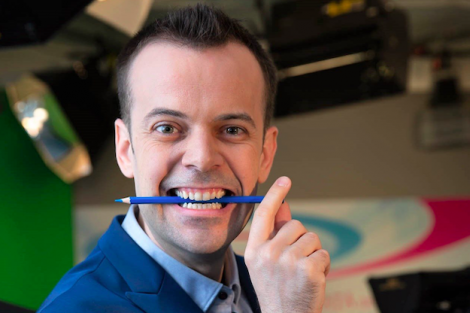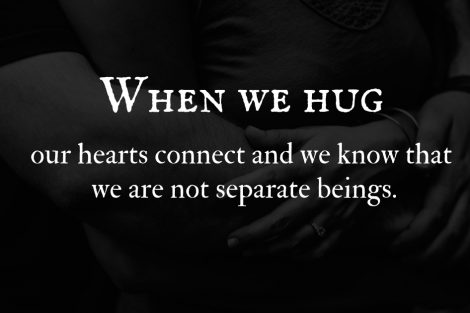Astronomers revealed that in July 2018 the Blood Moon will be the longest total lunar eclipse of the century. That’s enough to keep space experts as well as space lovers and amateurs excited for what’s to come.
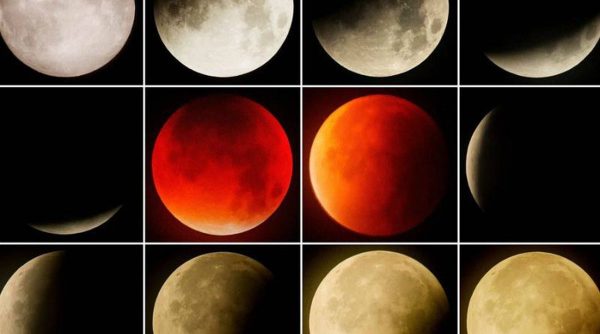
These two spectacular events taking place simultaneously – the Blood Moon and the total lunar eclipse will be the most significant lunar eclipse between 2001 and 2100. Which is not to say that there haven’t been any interesting astronomical phenomena so far. It’s only that this eclipse is quite special. Here’s why.
MORE: 10 Facts You Need To Know About ‘The Great American Eclipse’
First of all, if you’re ready to watch this event, know that it will last no more, no less than one hour and 43 minutes. This is about 40 minutes longer than the January Super Blue Blood Moon combination.
According to astronomer Bruce McClure of EarthSky.org, the lunar eclipse will peak around 8:22 pm UTC and 9:22 pm UK time. Here’s what he says about what we can expect from the event:
A partial eclipse precedes and follows the century’s longest total lunar eclipse, each time lasting one hour and six minutes. So, from start to finish, the moon takes nearly four hours to cross the Earth’s dark umbral shadow. During the eclipse, when the moon passes through the shadow cast by Earth, the moon will take on a deep red to orange color rather than completely disappear from sight.
MORE: Astrologers Say The Upcoming Solar Eclipse Is All About Healing And Positive Energy
Why is this lunar eclipse so long?
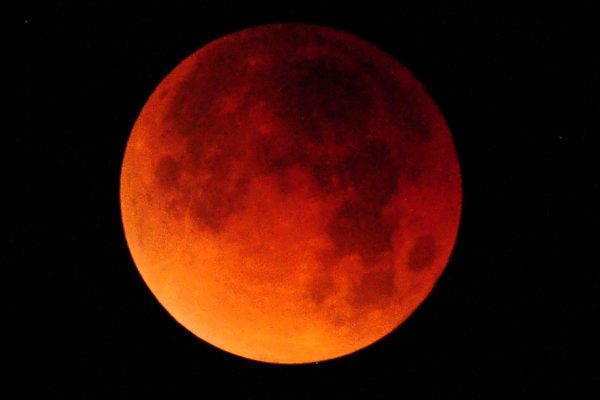
In July 2018, the full moon and the lunar apogee fall on the exact same date (July 27). A lunar apogee is the moon’s farthest orbital point from Earth making it appear smaller and distant. This is how Mr. McClure explains the phenomenon:
Sometimes called an apogean full moon, or micro-moon or mini-moon, this smaller and slower-moving full moon takes more time to cross the Earth’s shadow than does a full moon that’s closer to Earth and moving faster in orbit. That’s why a full moon at or near lunar apogee adds to the duration of a total lunar eclipse.
Make sure you don’t schedule anything for the night of July 27-28. You’ll be in for quite a treat, especially if you love astronomical events!
Please share!
Find more information here.


